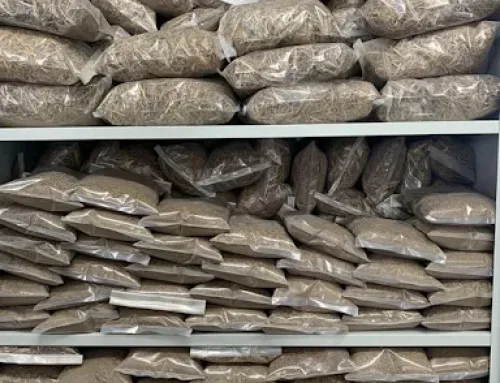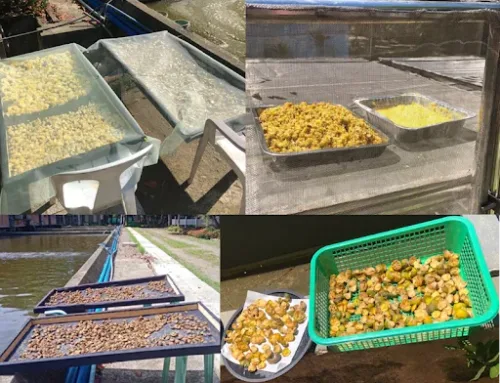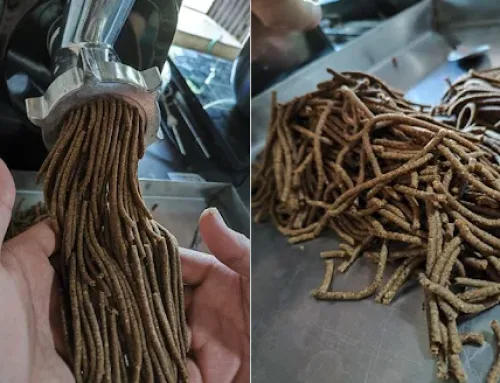In this Article
The demand for aquaculture products and docosahexaenoic and eicosapentaenoic acids (DHA and EPA)-enriched food will continue to increase, but the production using fish oil dependent on catchment of fish will eventually reach their limits. If the technology proposed in this project is implemented for alternative fish oil production, it will contribute to the realization of a robust and sustainable fishery, as well as the development of new industries such as production of high-value poultry products and human supplements. The novelty of this project in the Philippines is centered on using wastewater streams as substrate for growing thraustochytrid meant to replace or enrich fish feed. This proposed methodology of culturing thraustochytrids in wastewater offers a number of advantages addressing particular problems in the Philippines: 1) alternative and more sustainable source of fish oil for the aquaculture industry, thereby lessening the demands of fish oil meant for human consumption, which in the long run can decrease incidences of overfishing, 2) recycling organic residuals and wastes as an improvement of wastewater treatment technology towards zero-waste discharge, and 3) decreased cost associated with feeding valuable high-PUFA to farmed fish, that ultimately helps the aquaculture industry.

Leaf disc set-up with growth after Day 2 (left), morphology seen under the microscope with magnification of HPO (40x) (middle), and growth of presumptive Thraustochytrid re-streaked in GYPSA medium (right)
The project aims to cultivate thraustochytrid species using dairy wastewater for a wastewater treatment technology towards zero-liquid waste discharge with enhanced PUFA production in the thraustochytrid biomass (TB), and to finally use the TB as alternative fish feed or ingredient to farmed fish and seafood products, as a substitute to animal or plant oil.








